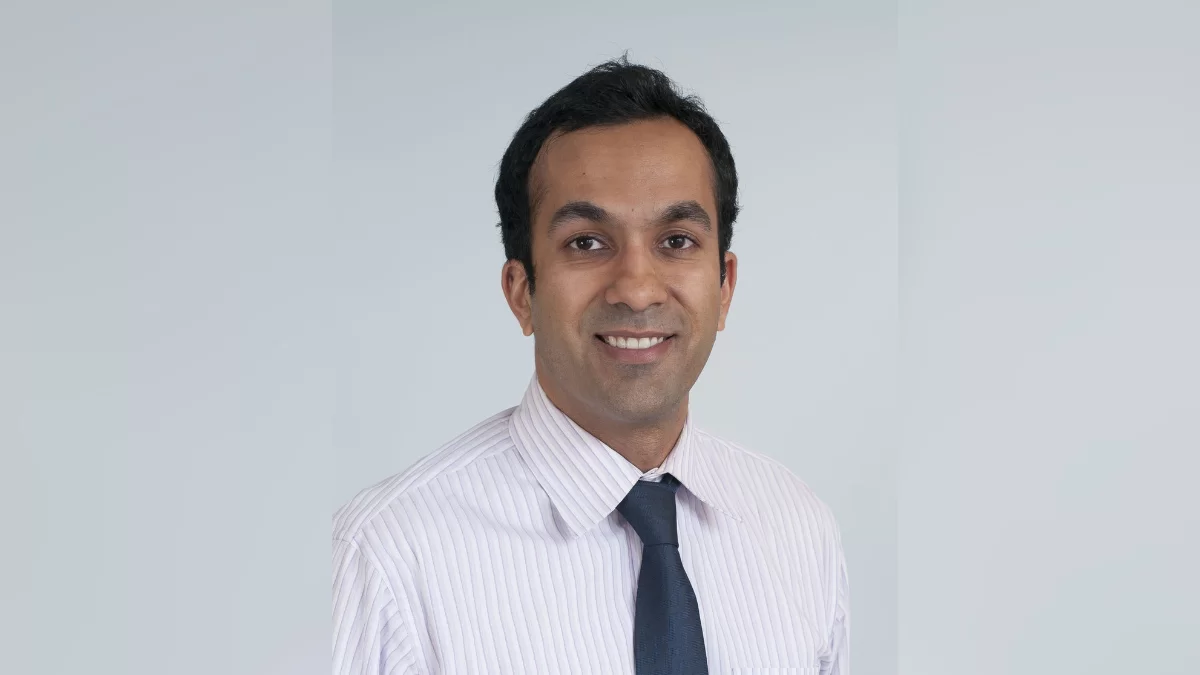
Atheendar S. Venkataramani, an Associate Professor of Medical Ethics, has identified a significant decrease in the sleep duration of black adults due to unexpected circumstances. His research focused on comparing the sleep patterns of black and white adults, with specific findings relevant to the black community.
"These findings show that poor sleep health is another unfortunate byproduct of exposure to these tragic occurrences", said Atheendar S. Venkataramani,, according to Penn Medicine. "Exposure of Black Americans to police violence—which disproportionately effects Black individuals—adversely impacts sleep health of these individuals, a critical keystone that further impacts our mental, physical, and emotional well-being."
According to Penn Medicine News, Venkataramani and his team conducted an experiment examining sleep patterns in black and white adults. They specifically looked at individuals affected by exposure to deaths of unarmed black individuals. Utilizing the Behavioral Risk Factor Surveillance Survey (BRFSS), they found that 45.9 percent of black participants reported having short sleep durations (less than seven hours nightly). In contrast, only 32.6 percent of white participants reported similar sleep patterns.
Penn Medicine News also indicates that poor health has been linked to exposure to lethal and nonlethal police involvement. This connection is believed to be driven by the acknowledgment of deaths among fellow black community members, potentially leading to post-traumatic stress disorder (PTSD) for many. Both factors have been associated with insufficient amounts of sleep.
The Perelman School of Medicine provides further context on Venkataramani's background. He graduated Summa Cum Laude from Duke University with a B.S degree. Currently, he serves as a physician at both Penn Presbyterian Hospital and Hospital of the University of Pennsylvania.